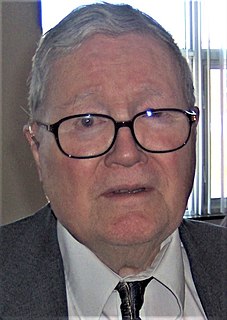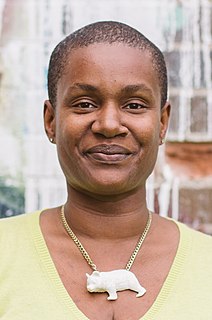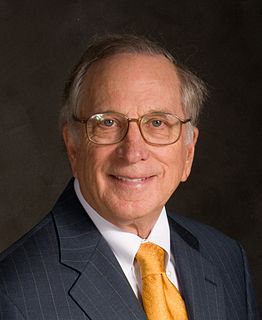Цитата М.С. Сваминатана
Видите ли, технологии могут повысить урожайность и производительность, но только государственная политика может увеличить доходы фермеров. Должна быть синергия между технологиями и государственной политикой.
Связанные цитаты
Гораздо более радикальный вывод. . . что, насколько мне известно, разделяют лишь очень немногие студенты, изучающие общественный выбор [это]: государственные служащие или люди, которые получают большую часть своего дохода от правительства другими способами, должны быть лишены права голоса. . . Это еще один пример открытия альтернатив для исследования и представления новых мыслимых вариантов политики, характерных для общественного выбора, а не политики, которая нравится всем ее исследователям.
Основные вызовы экономической политики, стоящие сегодня перед страной — выберите фаворитов среди обычных подозреваемых в низких государственных и домашних сбережениях, беспокойстве по поводу качества образования и успеваемости, высоком и растущем неравенстве доходов, большом дисбалансе между нашими обязательствами по социальному страхованию и ресурсами — не являются о монетарной политике.
Существует всепроникающее недоверие, выросшее из холодной войны и продолжающееся до сих пор, хотя между Европой, Россией и Соединенными Штатами гораздо больше взаимных интересов, чем когда-либо прежде. Но то, как мы организуем дела сегодня, требует много лет для переговоров. К тому времени, как вы получите результат, технологии уже далеко опередят политику. Таким образом, мы должны начать динамичный, устойчивый тип обсуждения политики, который может догнать технологии.
Существуют большие расхождения во взглядах по целому ряду вопросов политики, от налогово-бюджетного стимулирования до финансового регулирования. Я надеюсь и стремлюсь к профессии экономиста, что по мере того, как мы расширяем наши знания, эти обсуждения будут сужаться по своей направленности, и что это поможет более осмотрительно проводить политику в будущем.
Но в этом весь смысл корпоратизации — попытаться отстранить общественность от принятия решений о своей собственной судьбе, ограничить общественную арену, контролировать мнение, убедиться, что фундаментальные решения, определяющие, как будет управляться мир, - включая производство, торговлю, распределение, мышление, социальную политику, внешнюю политику, все - находятся не в руках общества, а, скорее, в руках высококонцентрированной частной власти. По сути, тирания неподотчетна обществу.


































